Search Results for 'Woolworths'
8 results found.
Bianconi in Galway
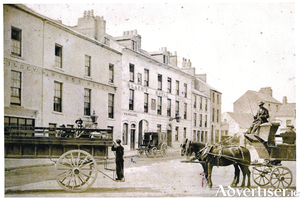
Charles Bianconi is generally regarded as the man who put Ireland on wheels. He developed a network of horse-drawn carriages that became Ireland’s first integrated transport system, building on the existing mail roads and coach roads that were already there. There was a general tax on coaches at the time, which precluded the middle classes from using theirs, and a relatively peaceful period after the Battle of Waterloo meant that a great many horses, bred for the army, became cheap on the market. His system offered connections with various termini, his prices were cheap and so he was well patronised, in spite of the discomfort felt by passengers. Often, when going up a hill, some passengers would alight to make the carriage lighter for the horses.
Thank you letter to the people of Galway from an orphanage survivor
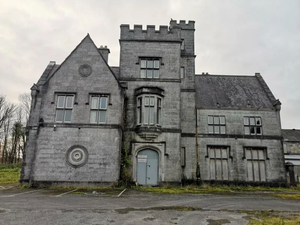
The Survivors Integrated Service at the London Irish Centre recently received a letter from a survivor of St Anne’s Orphanage, Lenaboy, Taylors Hill — The centre thought it would be nice to share this anonymous letter with the people of Galway as they want to recognise that not all survivors’ experiences of institutions were the same. This letter is only meant to reflect one person’s experience of their time at St Anne’s and their memories of how the community of Galway came together to give them a magical Christmas experience every year.
A new shopping experience in Galway – Woolworths
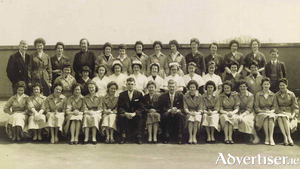
The expansion of the Woolworth chain in Ireland in the early 1950s proceeded smoothly except in one location, Galway. A number of city councillors, supported by some local retailers, were against bringing new business into town. Eventually, Woolworths purchased the site of the old Royal Hotel in the Square. The hotel was demolished and a new purpose built retail store constructed in its place. When Woolworths advertised for staff, more than 500 girls applied. Officials of the firm were very taken aback and it took several days to complete the interviews. The weekly wage offered to the girls, £4 7s 6d, was very good for the time. About 50 people were initially employed.
Poems for the Lockdown - Eyre Square
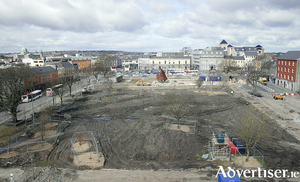
THIS POEM was written for a poetry competition the Galway City Council organised on the theme of ‘Eyre Square’ and it featured in my fourth poetry collection, The Ghost In The Lobby, published by Salmon in 2014.
Yeah, I know where ya mean
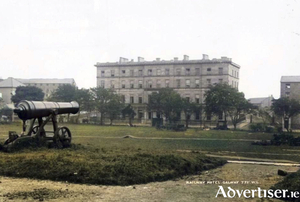
What kinda person are ya? Are you an auld stock…or a new stock who thinks they’re auld stock…or a new stock who doesn’t knew they’re new stock. Are you a Moons or Brown Thomas person? If I said I’d meet ya at Moons in ten minutes, would I find ya there? Are ya someone who went to UCG or the RTC? And not NUI Galway or GMIT?
The Quaker warmth of Bewley’s warm fires
(Written in December 2 2004, when Bewley’s cafe, Grafton Street, Dublin, closed for an indefinite period for refurbishment. Its future was uncertain. But I am glad to report that it is up and flourishing for some time, warm and glorious, its sticky buns as good as ever.)
Fair day, Eyre Square, September 2, 1926
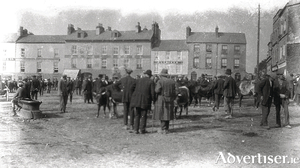
This photograph of a cattle fair on Eyre Square was taken looking toward the west. The buildings in the distance were, on the far left, Gilbey’s, drinks distributors which later moved premises to William Street; next to it was Webb’s Hotel. This was originally built in 1810 and was known as the Clanricarde Arms. It was later known as Kilroy’s Hotel, then Murphy’s, until it was taken over by Joe Delaney and he changed the name to The Imperial Hotel.


